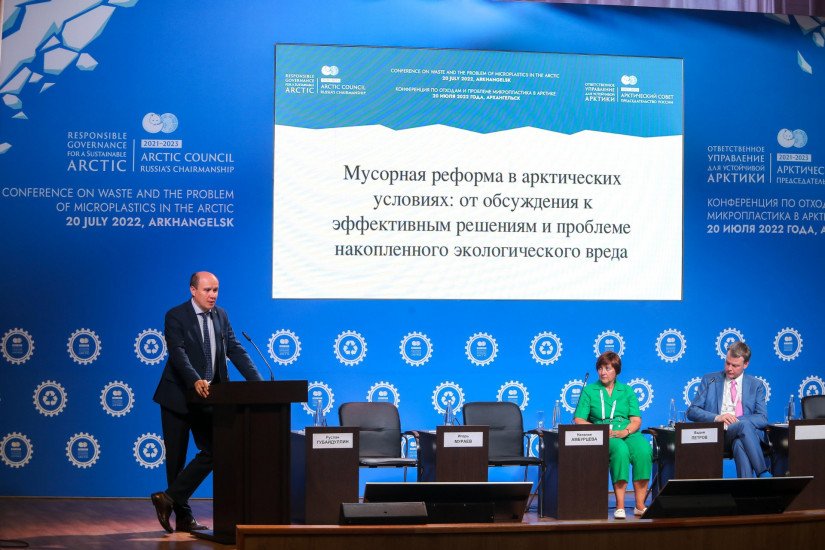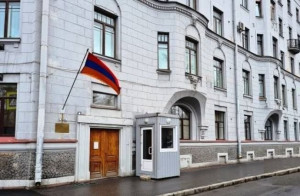Model Law on Elimination of Accumulated Damage Can Be Used for Arctic Ecosystem Preservation
22 July 2022

On 20 July a Conference on Waste and Microplastics in the Arctic was held in Arkhangelsk at the Lomonosov Northern (Arctic) Federal University. The experts agreed that the relevant model law adopted by the CIS Interparliamentary Assembly can be used as a legal basis for addressing the issues of eliminating accumulated environmental damage in the Arctic region.
The conference was organized by the Ministry of Natural Resources and Environment of the Russian Federation – Russia chairs the Arctic Council in 2021-2023.
The event was attended by over a hundred experts, heads of relevant organizations and agencies, including Ambassador at Large for the Arctic Cooperation at the Ministry of Foreign Affairs of the Russian Federation and Senior Arctic Official of the Russian Federation to the Arctic Council Nikolay Korchunov, Deputy Minister of Natural Resources and Environment of the Russian Federation Sergey Anoprienko, Deputy Chair of the Committee of the Federation Council of the Federal Assembly of the Russian Federation on Agriculture and Food Policy and Environmental Management Elena Zlenko, Secretary of the IPA CIS Permanent Commission on Agrarian Policy, Natural Resources and Ecology Natalia Amburtseva.
Natalia Amburtseva noted the relevance of the issue of accumulated environmental damage for the Arctic and told the participants in detail about the IPA CIS Model Law on the Elimination of Accumulated Environmental Damage adopted by the IPA CIS on 27 November 2020. She emphasized the relevance of the provisions and basic concepts of the Model Law to the Arctic region, due to the high vulnerability of the natural environment to anthropogenic impact and a slow recovery rate of disturbed natural ecosystems and landscapes. The proposal was supported and included in the final resolution of the conference.
The conference also considered best practices of municipal waste management, plastic waste management in the region, the elimination of ocean pollution, etc.



